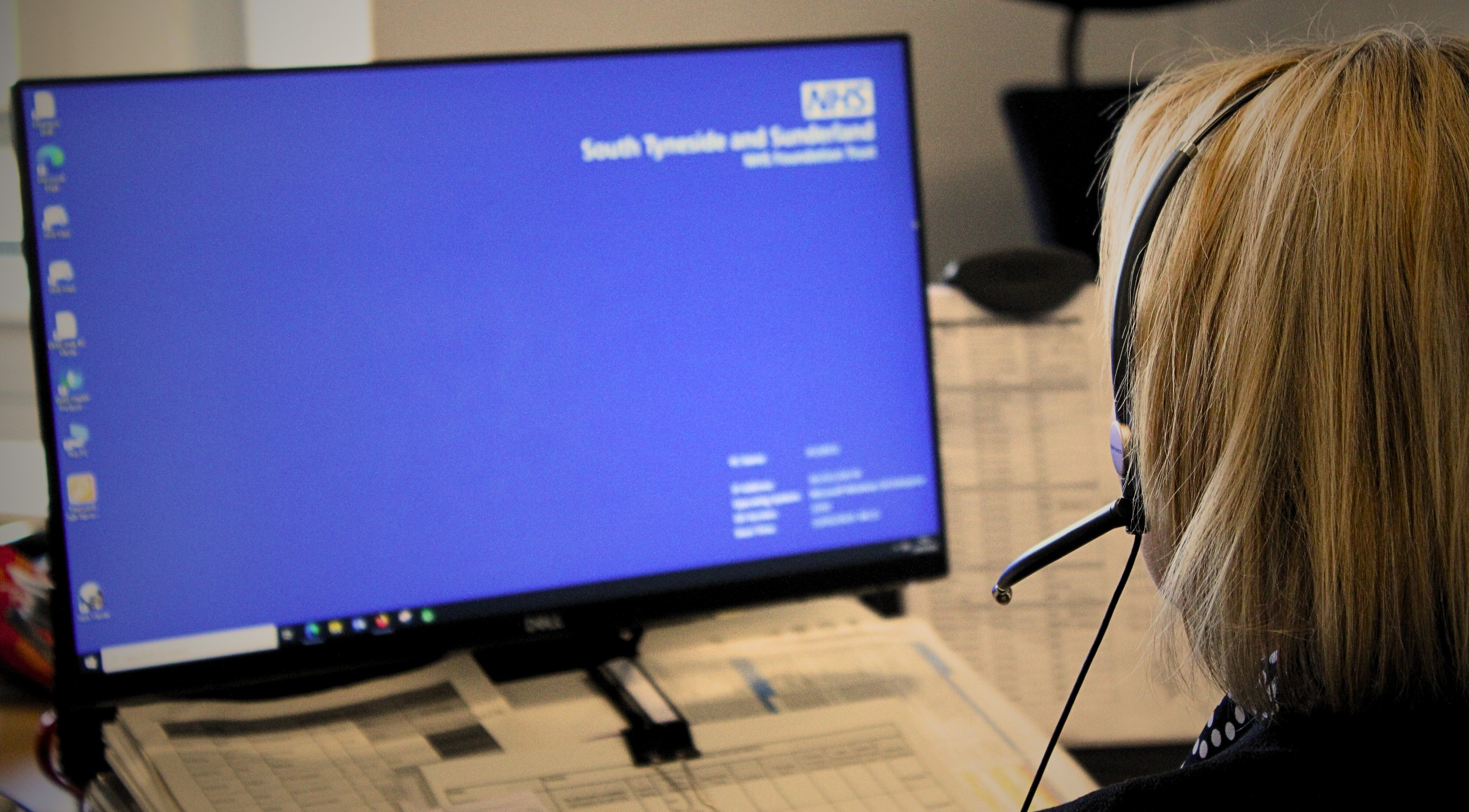Here at South Tyneside Talking Therapies Mental Health Service, we sometimes get asked a range of questions.
Listed below are some questions that we often get asked, with answers that we hope you find helpful.
No question is a silly question. If you’re unsure about anything, just ask one of the team.
- Therapists are aware you may feel worried about seeking help; and we will make every effort to help you feel safe and understood.
- All of our therapists are qualified and experienced in supporting people who are going through issues such as depression and anxiety.
- We will work with you to help you understand your problems and support you to meet the goals you have chosen.
- The therapies we provide are proven to be very helpful for anxiety and depression.
Yes! 1 in 4 people will suffer from anxiety and depression at some point in their life.
- If you feel that you are starting to feel worse whilst you are waiting, contact our Duty Worker to see how we might be able to help. You can do this on 0191 283 2937 or by email to stsft.
mhadminteam @nhs.net - You can download a helpful app called ‘What’s Up? A Mental Health App’ – this is free and helps utilise some Cognitive behavioural Therapy (CBT) and Acceptance and Commitment Therapy (ACT) methods to help you cope with common mental health problems.
At times our moods may change, for the better or worse, and I would encourage you to come along to a few sessions to see if therapy is appropriate for you at this time, or to offer tools to support you in the future. Or, if you have changed your mind altogether about therapy, please feel free to give us a call on 0191 283 2937 and let us know. We are here to help with any decisions you feel are right for you.
The sessions are your time, so if you are unhappy with anything, then please try to speak with your therapist or our Duty Worker so we can help solve these for you.
If you have not heard from us within 3 months after your assessment, then ring and speak to our Duty Worker.
If you feel you need some additional information whilst you’re waiting you can access some online self-help at: http://
- Or you can download an App on an iPhone; search 'NTW Self Help
You could also contact various supportive help lines:
- Samaritans Freephone 116 123 (open 24/07)
- SANEline: 0300 304 7000 (daily, 4.30pm to 10.30pm
- Or Visit https://
www. nhs.uk/ conditions/ stress-anxiety-depression/ mental-health-helplines/
When we feel low it is common to have thoughts like this, however they can be distressing.
If you might act on these thoughts and hurt yourself then:
- Contact the Crisis Team on 0800 652 2867
- Attend A&E or call NHS Direct free on 111
- Call the emergency services (if you are immediately about to harm yourself)
Depression is more than simply feeling unhappy or fed up for a few days. Most people go through periods of feeling down, but when you're depressed you feel persistently sad for weeks or months, rather than just a few days.
Depression isn't a sign of weakness or something you can "snap out of" by "pulling yourself together". The good news is that with the right treatment and support, most people with depression can make a full recovery.
Everyone has feelings of anxiety at some point in their life – for example, you may feel worried and anxious about sitting an exam,or having a medical test or job interview. During times like these, feeling anxious can be perfectly normal.
However, some people find it hard to control their worries. Their feelings of anxiety are more constant and can often affect their daily lives. Anxiety is the main symptom of several conditions, including: panic disorder, generalised anxiety, post-traumatic stress disorder, social anxiety and OCD.
